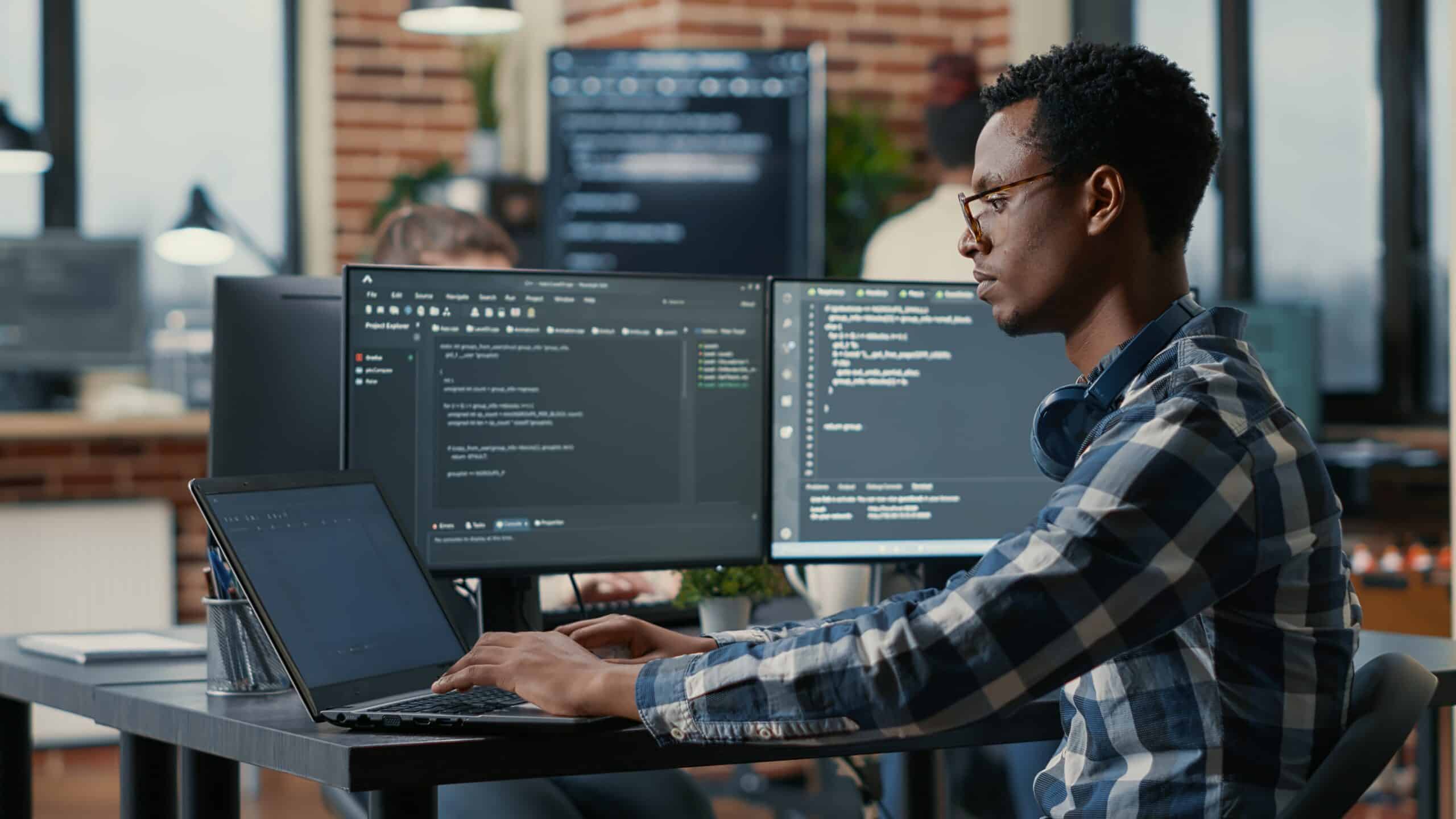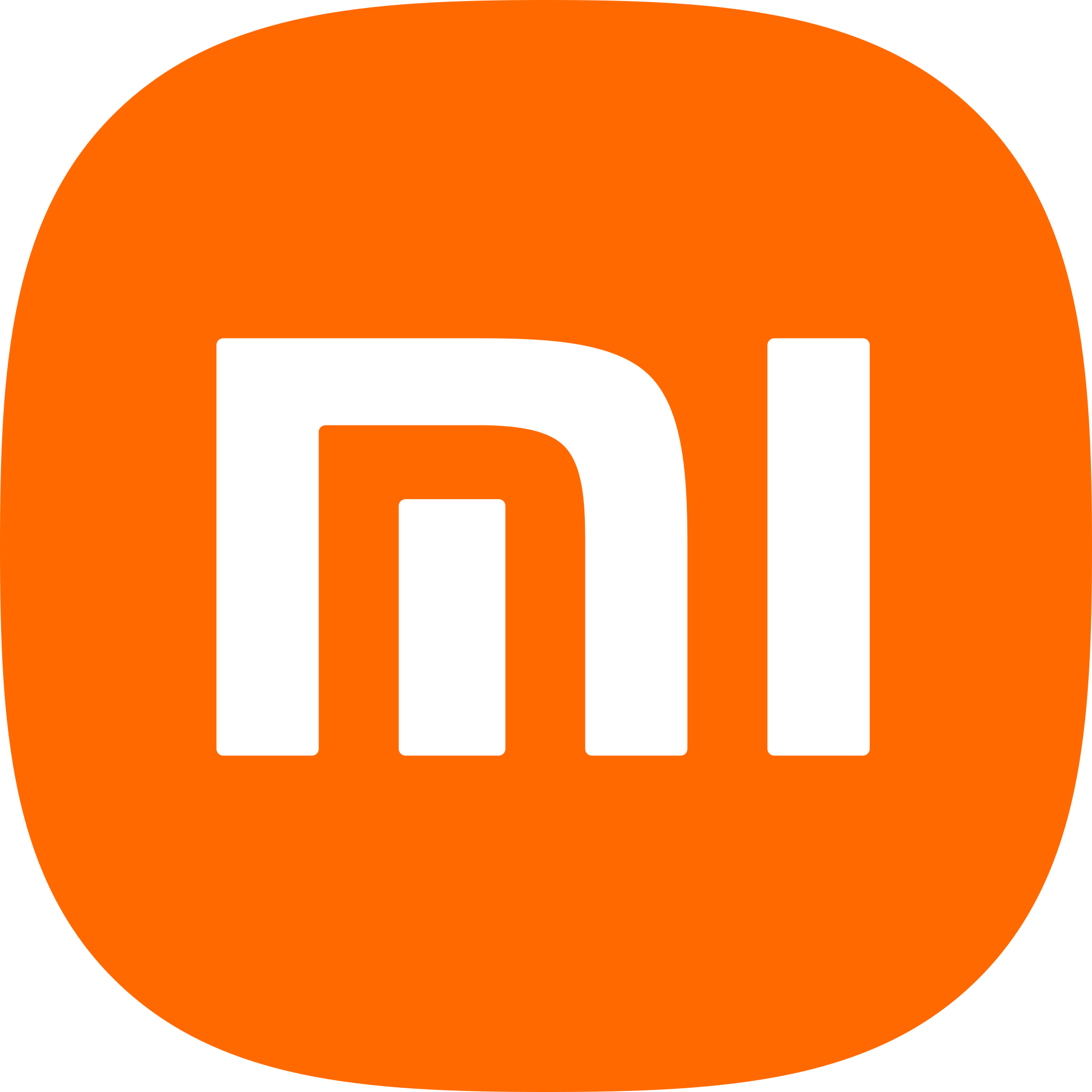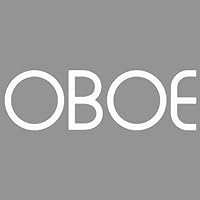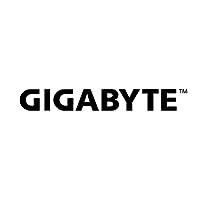How to select a Productive Laptop for Programming?
In the modern world, laptops are one of the most essential tools for programming. Whether you are a professional programmer or a student, having the right laptop for programming is essential.
With the wide range of laptops available in the market, it can be confusing to choose the right one for your needs.
This post will help you understand how to select the productive laptop for programming.
First and foremost, consider the type of programming you will be doing.
Understanding Your Programming Needs
Different programming languages require different specifications in terms of processor, storage, RAM, etc. For example, if you are a web developer, you may require more storage, RAM and a good graphics card.
On the other hand, if you are a game developer, you will need a powerful processor, maybe a GPU, and a good graphics card. Knowing the type of programming you will be doing will help you choose the right laptop for programming.
The next step is to look at the processor. A processor is the main component of the laptop and it will determine how fast your laptop works.
Choosing the Right Processor for Programming
While Intel and AMD are the two most popular processors, they offer different features. Intel processors are generally very powerful and better aligned to work with a wide range of application workloads. On the other hand, AMD processors are more affordable and have more transistor density due to their 7 nm manufacturing process. They’re also very power efficient as a result. However, there are a whole range of factors to consider in processors for coding beyond application workloads and power efficiency like type of applications, driver compatibility, and security to name a few. It is therefore important to understand your requirements and choose the processor accordingly.
Storage is another important factor to consider when selecting a laptop for programming.
Storage Options for Programming Laptops
Most laptops come with either HDD or SSD storage. HDD is the traditional type of storage and it is cheaper than SSD.
However, it is slower than SSD and may not be suitable for more complex tasks. On the other hand, SSD is much faster and is ideal for programming tasks. If you are looking for a laptop for programming, it is advisable to opt for an SSD as it will provide better performance.
RAM Requirements for Optimal Performance
The next factor to consider is RAM. RAM stands for Random Access Memory and it is responsible for the overall performance of the laptop.
Generally, laptops with higher RAM will offer better performance. While most laptops come with 4GB of RAM, you can opt for 8GB or even 16GB of RAM if you are looking for better performance.
Graphics Cards for Visual Intensive Tasks
The next factor to consider is the graphics card. A graphics card is responsible for the visuals of the laptop and it is important for programming.
If you are looking for a laptop for programming, it is advisable to opt for a laptop with a dedicated graphics card. Dedicated graphics cards are more powerful and will provide better visuals than integrated graphics cards.
Screen Size for Multi-Tasking and Visualization
The last factor to consider is the Screen size. A larger screen size will give you more room to work with, allowing you to view multiple documents and programs side by side.
This can be especially useful for web developers, who often need to keep an eye on both their code and the finished product in order to spot any potential bugs or issues.
Similarly, game designers can benefit from a larger display, as they can better visualize the game’s environment.
Another advantage of a larger screen size is the ability to view more information at once.
Whether you are writing code, debugging, or testing, having the ability to view everything on one screen can save you time in the long run. It can also be helpful to be able to view multiple windows and documents at once, as this can help you compare and contrast different pieces of information more easily.
These are some of the factors to consider when selecting a laptop for programming. It is important to understand your requirements and budget before making your purchase. This will help you select a laptop that is suitable for your programming needs. Once you have selected the laptop, make sure to install the latest software, drivers and updates to ensure that it runs smoothly.
How HP is Providing Top Productive Laptops for Programming
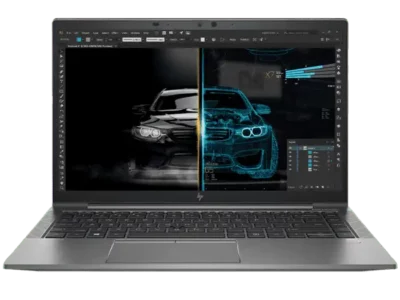 HP’s Zbook laptops are the ultimate choice for programmers looking for productivity and high performance. The HP ZBook Firefly 15.6 G8 Mobile Workstation PC 500p1pa is equipped with an 11th Generation Intel Core i5 processor, 16 GB DDR4 RAM, and a 512 GB PCIe NVMe SSD, delivering lightning-fast performance. Its 15.6-inch FHD display with anti-glare technology, 400 nits brightness, and 100% sRGB coverage provide clear and vibrant visuals, making it perfect for working on complex coding tasks. The NVIDIA T500 graphics card with 4 GB GDDR6 dedicated memory ensures graphics-intensive workloads run smoothly.
HP’s Zbook laptops are the ultimate choice for programmers looking for productivity and high performance. The HP ZBook Firefly 15.6 G8 Mobile Workstation PC 500p1pa is equipped with an 11th Generation Intel Core i5 processor, 16 GB DDR4 RAM, and a 512 GB PCIe NVMe SSD, delivering lightning-fast performance. Its 15.6-inch FHD display with anti-glare technology, 400 nits brightness, and 100% sRGB coverage provide clear and vibrant visuals, making it perfect for working on complex coding tasks. The NVIDIA T500 graphics card with 4 GB GDDR6 dedicated memory ensures graphics-intensive workloads run smoothly.
On the other hand, the HP ZBook Fury 17.3 G8 Mobile Workstation PC- 4U8U9PA PC takes productivity to the next level. Powered by an 11th Generation Intel Core i7 processor, 32 GB DDR4 RAM, and a 1 TB PCIe NVMe TLC SSD, this laptop is a powerhouse. Its 17.3-inch FHD display delivers crystal-clear visuals and is perfect for simultaneously working on multiple windows and applications. The laptop’s Intel UHD Graphics and NVIDIA RTX A3000 graphics card with 6 GB GDDR6 dedicated memory provide exceptional graphics performance, making it ideal for running heavy simulations and machine learning models.
Overall, HP’s Zbook laptops offer exceptional performance, cutting-edge technology, and top-of-the-line specs, making them the most productive laptops for programming.
Compare and view all the best laptop for programming under 1 lakh


